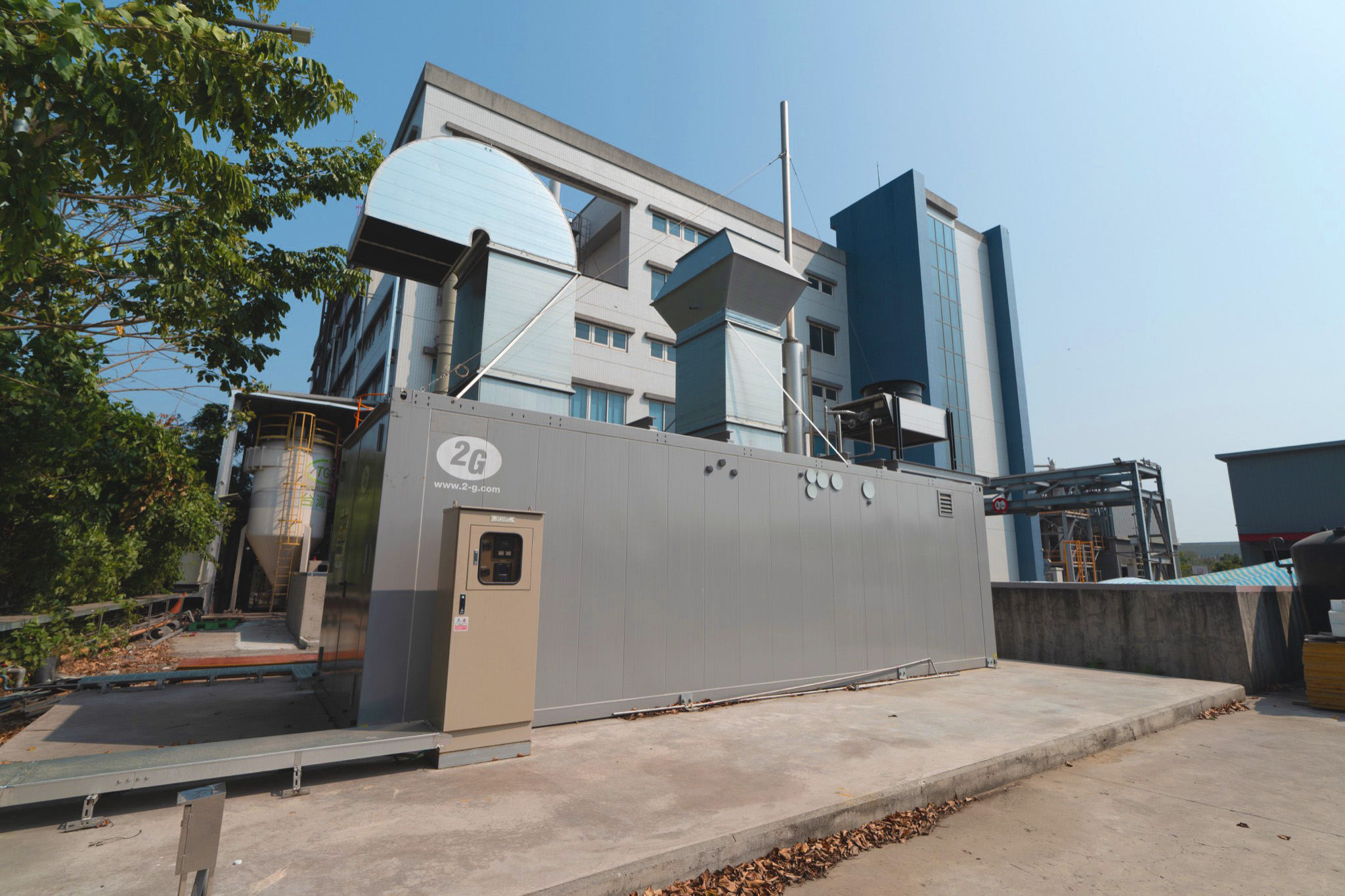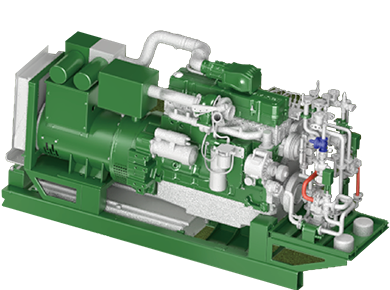
Semiconductors have become an indispensable part of modern society, and Taiwan is at the center of the global semiconductor industry. However, this industry’s key players all around the world face the same challenge: promoting sustainable development while boosting corporate revenue growth. With the public’s increasing demand for environmental protection, the concept of a circular economy has been spreading globally. Thus, this “zero waste” concept puts pressure on all enterprises. For the semiconductor industry, the challenge lies in how to recycle silicon, which is the main waste component of production. Usually, the silicon slurry is incinerated without being reused.
In response to this need, Semisils Applied Materials Corp., Ltd. is the first company to successfully recycle silicon waste. They collect semiconductor manufacturers’ production waste, process and recycle this silicon slurry, and convert it into raw materials usable in other industries. This process generates hydrogen, and Semisils has attempted to use this byproduct of hydrogen to generate electricity with fuel cells. However, due to the low purity of the hydrogen produced, the fuel cells’ power generation efficiency significantly declines after a few months, causing Semisils to suspend the hydrogen energy project. The project was revived in 2021 when Semisils partnered with AMPOWER.
AMPOWER collaborated with German cogeneration system manufacturer 2G Energy AG. 2G began mass-producing hydrogen cogeneration systems in 2018 and has extensive experience in converting various sources of impure gasses into electricity and heat. Compared to hydrogen fuel cells, 2G’s hydrogen cogeneration system engines can handle less pure hydrogen and avoid the significant performance degradation caused by membrane contamination in fuel cells. AMPOWER and 2G’s solution also has the advantage of modularity. The cogeneration system is installed in a soundproof container of standard shipping container size. This modular installation method minimizes disruptions to business operations.
Semisils’ cogeneration system is designed for full-load operation, with up to 20% of the generated electricity used directly in its plant. The remaining power can be fed into the public grid, increasing economic benefits. Additionally, the system recycles the heat generated by power generation, reusing it in their production process to improve energy efficiency. Semisils’ cogeneration system has been in operation for over a year, demonstrating outstanding performance. This project showcases the significant potential of hydrogen cogeneration systems, which AMPOWER has been planning and constructing to be promoted to other industrial applications. This is a solution for circular economy and renewable energy, bringing positive impact to the industry.


